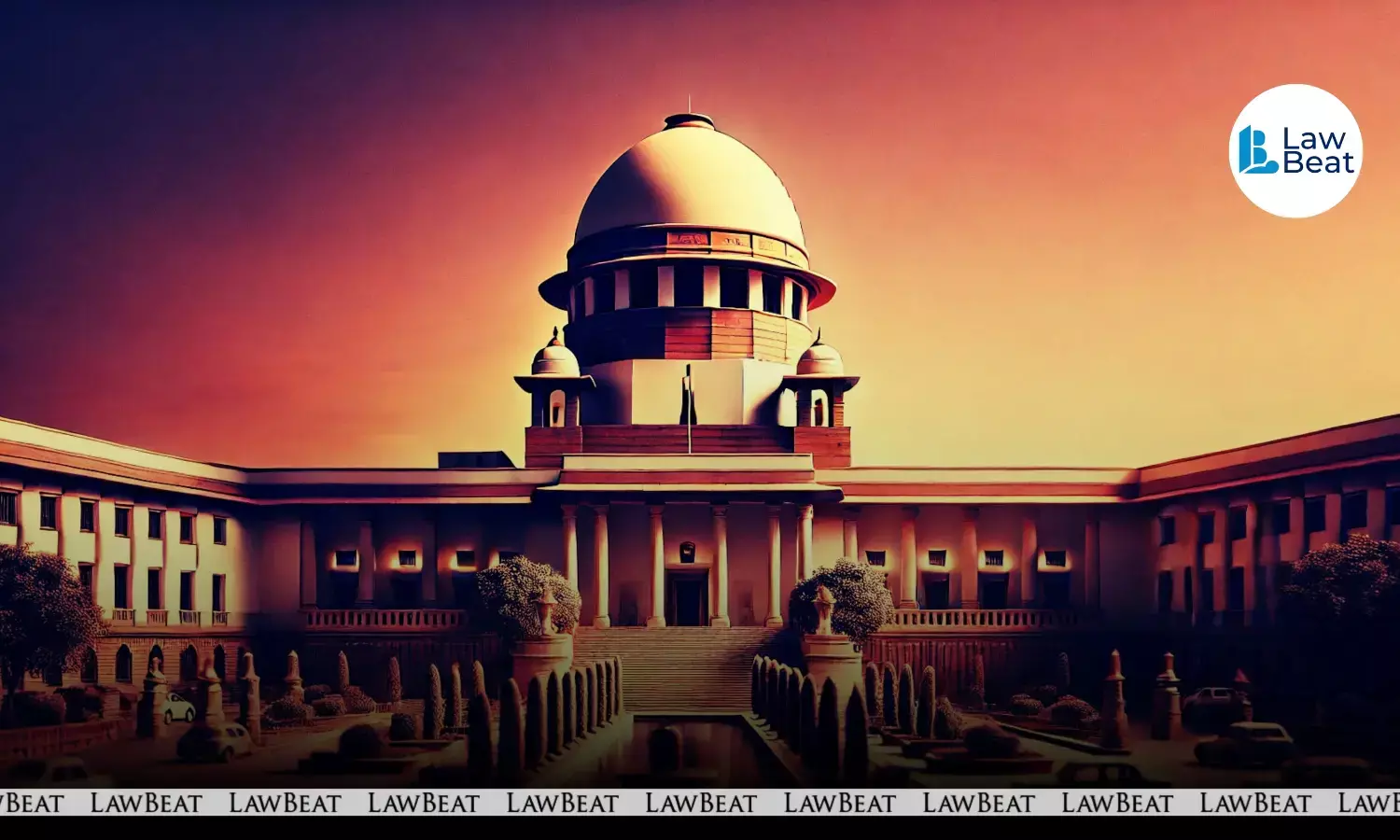Supreme Court Upholds Telangana HC’s Decision to Quash Case Against Jerusalem Mathai in ‘Cash-for-Vote’ Row

Supreme Court of India Flags Outdated Definition of ‘Dependent’ under Employees Compensation Act
The Supreme Court recently upheld the Telangana High Court's decision to quash the criminal proceedings against Jerusalem Mathai in the 2015 cash-for-vote scam.
A bench of Chief Justice of India B R Gavai and Justice K Vinod Chandran dismissed the special leave petitions (SLPs) filed by the Telangana government and then-MLA Elvis Stephenson, noting the absence of any connecting evidence.
Court noted that no First Information Report (FIR) was registered under Section 154 of the Code of Criminal Procedure, 1973, on the written complaint made by the complainant, a Member of the Legislative Assembly. The FIR, which was eventually registered, further indicated that the police were present at a particular location.
"Admittedly, the petitioner before the High Court, A4 (Jerusalem Mathai) was not present on the occasion when the transaction is alleged to have occurred. The allegation made in the complaint against A4 is not in any way linked with the allegation of a higher offer having been made by another. The presence of A-4 is not reported when the alleged transaction occurred," the bench observed.
Court avoided speaking on the incident that occurred on May 31, 2015, since the persons allegedly involved in the said incident were not before it.
"However, we cannot but notice that there is nothing to connect A4 to the crime, but for a casual allegation raised on a call having been received by the complainant without any indication even of the time when such call was received. We find absolutely no reason to interfere with the order of the High Court and dismiss the Special Leave Petitions," the bench held.
The state government, in its arguments, contended that the high court had erred by conducting a mini-trial in the quashing proceedings, which has been deprecated by the Supreme Court on many occasions. It submitted that a cognizable offence was made out in the FIR, there were recordings made, and the bribe amounts recovered, in which event, there should not have been an order of quashing at such a preliminary stage.
Conversely, the respondent's counsel submitted there was absolutely no material against his client, and the quashing was made on valid grounds as no cognizable offence was made out and the allegations made in the FIR and the complaint, at least against him, were "so improbable as to justify the quashing of the proceedings".
The Supreme Court noted that the single judge bench of the high court had written a lengthy order, quoting various decisions and extracts, some of which were on faulty investigation and "need not have been referred to," in its opinion.
The bench stated, "For reasons, only of brevity having not been employed, we cannot set aside an order which though lengthy, has cited justifiable reasons to quash the proceedings. Brevity at times is a virtue but often in legalese it is faulted as levity and in adjudicatory orders, projected as non-application of mind. However, we are not convinced that there was a mini trial conducted or that there was no justifiable reason to quash the complaint".
Court noted that Stephenson had filed a written complaint against Jerusalem Mathai and two others on May 28, 2015. The complaint was addressed to the Director General, Anti-Corruption Bureau, Hyderabad, Telangana. The bench pointed out that no FIR was registered on that date. It was alleged that Jerusalem Mathai had offered the complainant Rs 2 crores and a ticket to leave the country or vote in the elections to the Member of Legislative Council (MLC) scheduled on June 01, 2015, in favour of a particular party.
The second paragraph of the complaint indicated that a higher offer of Rs 5 crores was made for the identical conduct of abstaining from the voting or to vote in a particular manner. It was also alleged that the person who made the second offer specified that the transactions would be carried out by another.
The bench pointed out that there was no indication in the complaint as to when such an offer was made, and nothing was stated as to the response made by Stephenson, and it was also not alleged that the two instances were in any way connected.
Court also highlighted that the FIR indicated the information was received on May 28, 2015, at 15:00 hours, but the general diary reference showed the entry made as on May 31, 2015, at 23:00 hours. The FIR was also dated May 31, 2015. It was alleged that Elvis Stephenson was offered a bribe to vote in favour of a TDP candidate. Telangana Chief Minister Revanth Reddy, then a member of the TDP, is one of the accused in the case.
Case Title: The State of Telangana Vs Jerusalem Mathai and Anr
Bench: Chief Justice of India B R Gavai and Justice K Vinod Chandran
